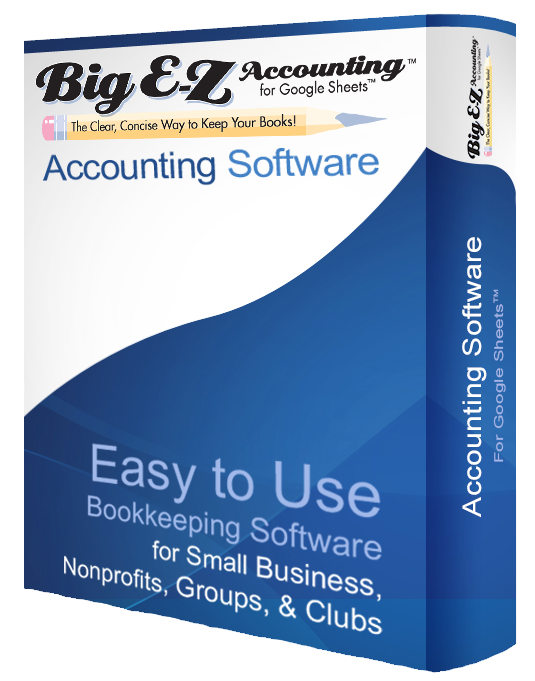


When you purchase furniture or other assets, it increases your asset account and decreases your bank account. When you post an expense, the debit increases your expenses and decreases your bank account. One account that increases while another decreases is called double-entry accounting: Depending on the type of account, the account’s balance either increases or decreases. To get more familiar with these terms (and those in the following list), see the definitions in the chart of accounts later in this chapter (in Table 16-1) and in Appendix A (a mini glossary we’ve included for your convenience). Assets, liabilities, owner’s equity, income, and expenses are standard terms used in all forms of accounting to define profit, loss, and the fiscal health of your business.Įvery time you process a transaction, two things happen: One account is credited while another receives a debit. When you’re running a business, you should account for every penny that goes in and out.īookkeeping has irrefutable standards that are set by the Accounting Standards Board. If you use a van or the family car to pick up or deliver merchandise to the post office, keep track of this mileage as well. You need to keep track of your inventory, how much you paid for the items, how much you paid in shipping, and how much you profited from your sales. To effectively manage your business, you must keep track of all your expenses – down to the last roll of tape. For now, we focus on the basics of bookkeeping. We discuss alternative methods of bookkeeping in the ‘Bookkeeping Software’ section. Entering all your information into a software program now – while your topics may still be fairly simple to handle -can save you a lot of time and frustration in the future, when your .uk business has grown beyond your wildest dreams and no amount of paper can keep it all straight and organised. But even though bookkeeping by hand may work for you now, it definitely won’t in the future. You could use plain ol’ paper and a pencil to keep your topics if doing so works for you, great. We like to use a software program to speed the process up, particularly QuickBooks (more about that in the later section ‘QuickBooks: Making Bookkeeping Simple’). Keeping the Topics: Basics That Get You StartedĪlthough posting bookkeeping can be boring, clicking a button to generate your tax information is a lot easier than manually going over pages of sales In this chapter, we give you the low-down on the basics of bookkeeping, emphasise the importance of keeping records in case HM Revenue and Customs (HMRC) come calling, and explain why using QuickBooks is the smart software choice. Using an easy software program increases the likelihood of your enjoying the bookkeeping process. Doing so gives you the opportunity to know exactly where your business is at any given moment. Once you actually get into the task, you may enjoy posting your expenses and sales.

We suspect that you’re also not counting quite a few other ‘small’ items just like these in your expense column. How about the mileage driving back and forth from car boot sales and flea markets? The costs of those trips are expenses, too. Did you add that roll of parcel tape you picked up at the supermarket today? Although it cost only 99p, that item is a business expense. You may feel that you just need to add your product costs, add your gross sales, and hey presto, you know where your business is. Using QuickBooks for your bookkeeping needsīookkeeping can be the most boring and time-consuming part of your job.


 0 kommentar(er)
0 kommentar(er)
